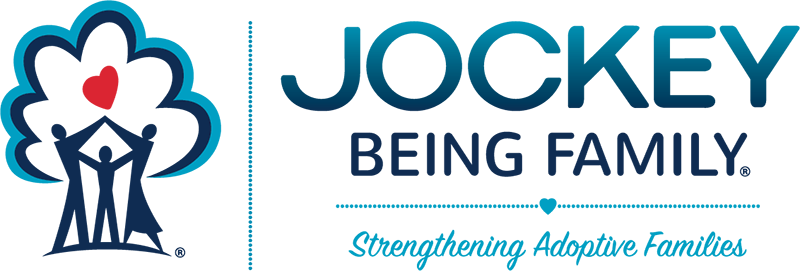Protective Factors Parents Can Implement for Kids with High ACE’s Scores
Adverse Childhood Experiences (ACEs) have been in the news quite a bit in recent years. As an adoptive parent who might already be familiar with the idea of trauma-informed parenting, the conversations about ACE’s might be intriguing to you. Learning about the impact of trauma and adverse childhood experiences on your child’s developing brain might scare you, but there is good news. There are things you can do starting today to protect your child from some of those impacts and help your child find healing.
What Are ACE’s?
Adverse Childhood Experiences (ACEs) are extremely stressful events that can happen to a child while he is growing up. Common examples of ACE’s would be divorce in a family of origin, any abuse suffered by the child, or living in an environment of household dysfunction.
These traumas are so stressful for the child that they can impact the child’s brain development. As a result of these painful experiences, a child’s physical and emotional health are affected in childhood and as they grow into adulthood.
The 10-Point Scale
A child’s ACE score is calculated by adding up the number of events that he has experienced on the 10-question survey. The higher the score, the more likely that child is to experience significant health or social development impact. ACEs are no respecter of person, race, or socioeconomic status – they occur across all demographics.
For a deeper understanding of ACE’s and how they impact a child’s health and well-being, both short and long-term, start with this TedTalk with Dr. Nadine Burke-Harris. You can also check out Aces Too High, a site dedicated to the most recent news and information about ACE scores.
As adoptive parents, it’s important to remember that the fact that our children have been removed from or separated from their original family of birth counts as an adverse childhood event. For our children who have had traumatic experiences before or after that separation, their scores might then be even higher. You can take the test to learn your score and to learn your child’s.
ACEs Are Not Destiny
The ACE score is a guideline for understanding what your child has experienced and how it might impact him. There are significant impacts that research has linked to high scores. But, again, the good news is that your child’s high ACE score does not mean his adulthood is doomed for illness and terrible emotional or social experiences. There are protective factors – actions you can take – that will help your child overcome his history of adverse childhood experiences.
7 Protective Factors To Help Kids Overcome High ACE’s Scores
- Safe, Stable Nurturing Environment – Create a safe, warm, and loving home for your child. Think about the physical environment of your house – is it inviting and a comforting place to come home? Also, consider the tone and culture of the relationships and dynamics within your home.
- The Power Of One – Just one positive relationship with a caring adult can be a turning point towards resilience for a child. Parents who are warm, safe, stable, and supportive can help the child overcome the impact of stressful childhood experiences.
- Clear and Fair Expectations – Make sure your child knows what the boundaries and “house rules” are. Find ways to “set him up for success” to meet those expectations.
- Professional Help – Trauma-informed or adoption-informed therapy can help parents and kids talk through the obstacles that ACE’s create for a child and give you tools to build a healthy attachment together.
- School Involvement – Academics are, of course, necessary for our kids. But the environment of a school setting can be a protective factor for kids with high ACE’s even if academics are not the priority.
- Peer Connections – Quality friendships, particularly having a “best friend,” have a positive impact on self-esteem for kids who have experienced trauma. Peer connection is especially crucial for our tweens and teens. Extracurricular activities can also give your child protection by participating in activities where your child feels competent and can enjoy with friends.
- Religion and Spirituality – A spiritual life can also be a protective factor for your child. He can participate in an organized religious community like your local church or youth group. If organized religion is not for him, teach him to cultivate a general sense of spirituality in which he feels part of a “bigger purpose” to help him look beyond his current circumstances.
It’s Not Too Late
No matter how late in childhood your child has come to your home, and no matter if your child has scored all ten points on the ACE’s scores, you have an incredible opportunity to help your child overcome his negative experiences. Your love and support can provide positive experiences that unlock his capacity to recover from those toxic stressors of his past. Together you can change the trajectory of his life.
Source: Center for the Study of Social Policy — https://cssp.org/wp-content/uploads/2018/10/Crosswalks-of-ACYF-literature-review-citations-to-SF-YT-protective-factors.pdf
